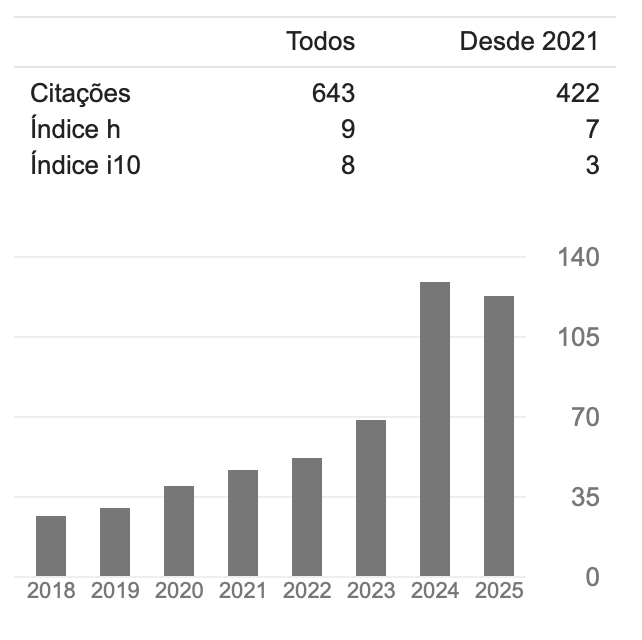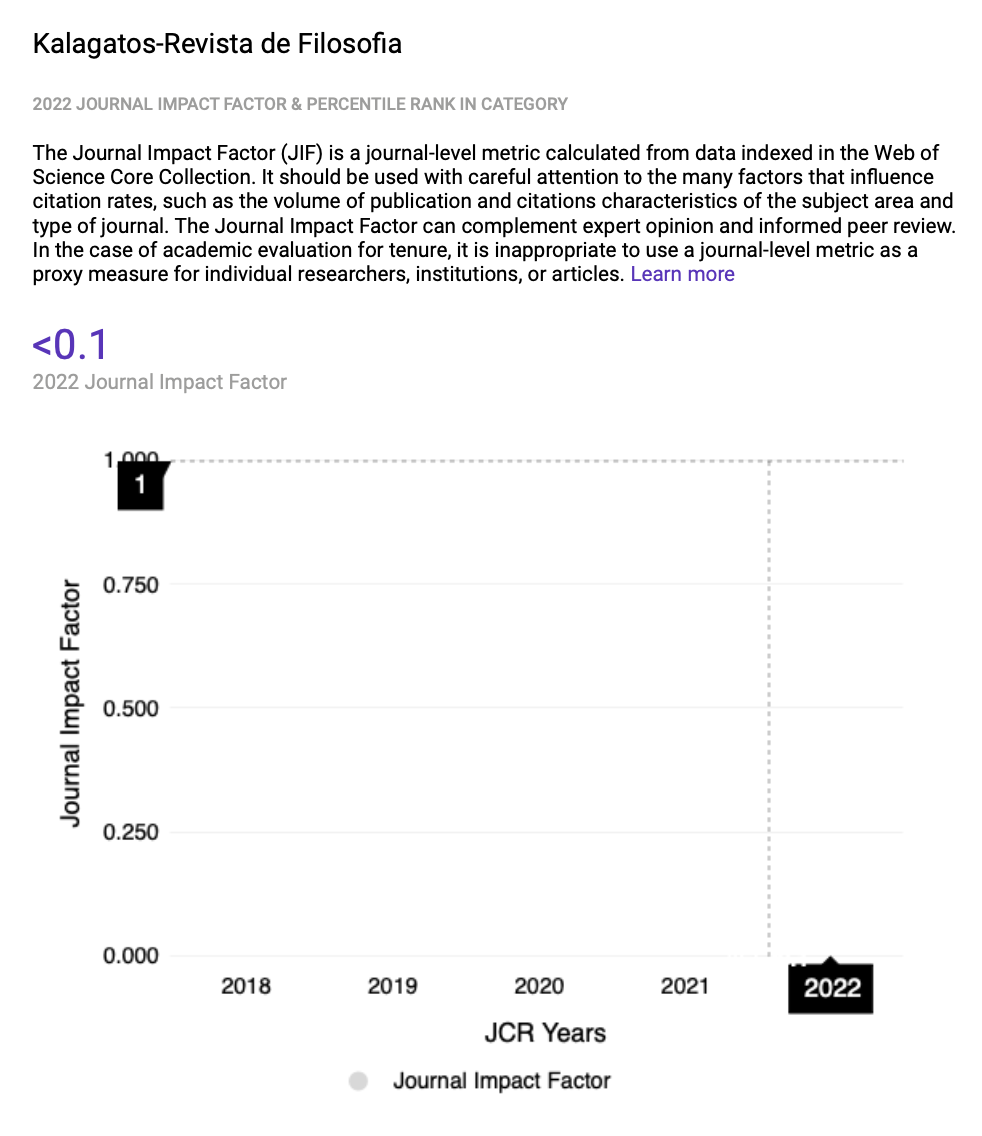Human nature, equality and violence:
Hobbes a political review
Abstract
This article discusses the effects of the political structures that emerged with the civilization process on human nature in Hobbes. Hobbes constructs the state of nature in an area where humans can live their nature completely freely. Although this situation creates a certain area of freedom for human nature, when it comes to social relations, this freedom endangers the lives of all people. As is known, Hobbes' solution on this issue is to build political structures such as states that will benefit everyone, rather than people acting as in the state of nature. However, what I am trying to draw attention to here is whether human nature is dispensable with this transition. My main purpose in this article will be to show that even if there is a change in human position, his nature repositions itself as a fundamental determinant that in a sense manages and shapes all processes within political structures under different appearances, as in the state of nature. In the article handled for such a purpose, it is shown that human nature is no longer possible to remain in its pure form and has transformed into something that we can deal with through a political relationship. The basic view defended in this article is that with this new situation, which we can call the emergence of political nature, human nature emerges as a new force shaping the entire political field.
Downloads
References
BREDEKAMP, H. Leviathan Body Politic as Visual Strategy in the Work of Thomas Hobbes. Berlin: De Gruyter, 2020a.
BREDEKAMP, H. Thomas Hobbes der Leviathan Das Urbild des modernen Staates und seine Gegenbilder 1651–2001. Fünfte korrigierte Auflage, Berlin: De Gruyter Press, 2020b.
CURRAN, E. The Strength and Significance of Subjects’ Rights in Leviathan, A Companion to Hobbes. Marcus P. Adams(Ed.), Hoboken: Wiley Blackwell Press, 2021, p. 221-235.
HAMPTON, J. Hobbes and the Social Contract Tradition. Cambridge: Cambridge University, 1995.
HOBBES, T. Leviathan. J. C. A. Gaskin(ed.), Oxford: Oxford University, 1998.
HOBBES, T. The Elements of Law, Natural and Politic. London: Frank Cass, 1984.
HOBBES, T. The Citizen. Cambridge: Cambridge University, 2003.
HOEKSTRA, K. Hobbesian Equality in Hobbes Today Insights for the 21st Century. S.S. Lloyd(ed.), Cambridge: Cambridge University Press, 2013, p. 76-112.
HULL, G. Hobbes and the Making of Modern Political Thought. London: Continuum, 2009.
HÜTTEMANN, A. Naturzustand und Staatsvertrag bei Hobbes Zeitschrift für Philosophische Forschung. Jan. - Mar. Bd. 58, H. 1, 2004, p. 29-53.
Letter to Hobbes of 18/28 August 1656. in The Correspondence of Thomas Hobbes. Noel Malcolm(ed.), Volume VII, Oxford: Clarendon Press, 1994.
LIOYD, S. A. All the Mind’s Pleasure: Glory, Self-Admiration, and Moral Motivation in On the Citizen and Leviathan, Hobbes’s On the Citizen A Critical Guide. Robin Douglass and Johan Olsthoorn(Ed.), Cambridge: Cambridge University Press, 2020, p. 51-70.
LIOYD, S. A. Morality in the Philosophy of Thomas Hobbes, Cases in the Law of Nature. Cambridge: Cambridge University, 2013.
LOCKE, L. Zweite Abhandlung über die Regierung: Über den wahren Ursprung, die Reichweite und den Zweck der staatlichen Regierung. Berlin: Suhrkamp, 2008.
LOUGHLIN, M. The Political Jurisprudence of Thomas Hobbes, Hobbes and the Law. David Dyzenhaus and Thomas Poole(ed.), Cambridge: Cambridge University Press, 2012, p. 5-21.
MACPHERSON, C. B. The Political Theory of Possessive Individualism Hobbes to Locke. Oxford: Oxford University, 2011.
PALLADINI, F. Pufendorf Disciple of Hobbes: The Nature of Man and the State of Nature: The Doctrine of Socialitas, History of European Ideas. 34:1, 2008, p. 26-60.
ROUSSEAU, J. J. Abhandlung von dem Ursprunge der Ungleichheit unter den Menschen. Hermann Bohlaus Nachfolger Weimar, 2000.
SKINNER, Q. Vision of Politics, Volume 3: Hobbes and Civil Science. Cambridge: Cambridge University, 2004.
SKINNER, Q. Hobbes and Republican Liberty. Cambridge: Cambridge University, 2008.
STRAUSS, L. Hobbes’politische Wissenschaft und zugehörige Schriften-Briefe. Stuttgart: J. B. Metzler, 2001.
SREEDHAR, S. Hobbes on Resistance Defying the Leviathan. Cambridge: Cambridge University, 2010.
Downloads
Published
How to Cite
Issue
Section
License
Copyright (c) 2024 Mehmet Şirin ÇAĞMAR

This work is licensed under a Creative Commons Attribution 4.0 International License.



















